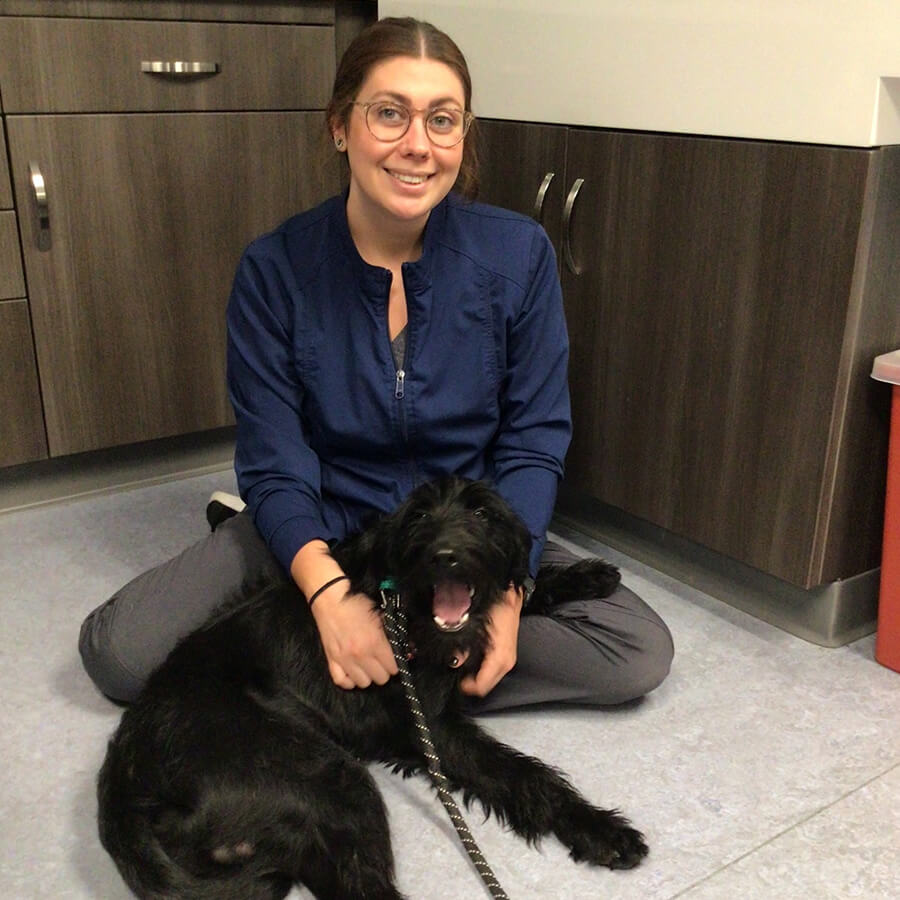
What Does a Typical Exam Look Like?
Here at Cornerstone Veterinary Hospital of Clifton Park, a complete wellness exam includes:
- A comprehensive physical exam
- Vaccinations
- Discussion about your pet’s nutrition/diet recommendations
- Parasite testing (blood and fecal)
- Urine testing (if needed)
- Parasite treatments and preventatives
- Monitoring weight gain/loss in comparison with previous visit
Spaying and neutering can also count as a wellness service, since they prevent certain diseases and infections from developing in dogs and cats.

Every Pet Needs Full-Coverage Parasite Protection
Parasites are more than pests; they can spread disease or cause allergic reactions in pets. Common parasitic conditions include:
Heartworms are transmitted to pets by infected mosquitoes, and travel through the bloodstream to your pet’s heart. They can greatly weaken the heart and even shorten your pet’s lifespan if they are not treated in time.
Lyme disease is transmitted by certain ticks, such as the blacklegged/deer tick. This disease can cause swelling and pain in the joints, fever, and a decrease in appetite, and it can be transmitted to humans, too.
Some pets develop an allergic reaction to flea bites. This is due to certain chemicals found in flea saliva. Symptoms include severely itchy skin, and possible skin infection caused by licking and scratching.
Hookworms, roundworms, and tapeworms can also wreak havoc on your pet’s internal systems. A fecal test can indicate whether your pet has any of these parasites. We carry a number of high-quality parasite preventatives here at our hospital, and will be happy to recommend the best ones for your pet to keep them parasite- and disease-free.
Pet Exams for Puppies and Kittens
Your pet should have their first exam at 6-8 weeks old. We need to see your new puppy or kitten as soon as possible after you have adopted them, so we can make sure they’re healthy and receiving the proper nutrients for development. For your pet’s first visit, bring a fresh (under 24 hours old) stool sample so we can test for internal parasites.
Senior Pet Care
Like humans, animals become more fragile and vulnerable to disease as they age. Our veterinarians recommend seeing your senior pet every 6 months for a full health checkup. This usually includes a physical exam, blood testing, and X-rays. Illness can develop quickly in older pets if left untreated, but semiannual visits give us a better chance of catching illness earlier
Schedule a wellness visit online or call us at (518) 383-6254 to schedule an appointment.

